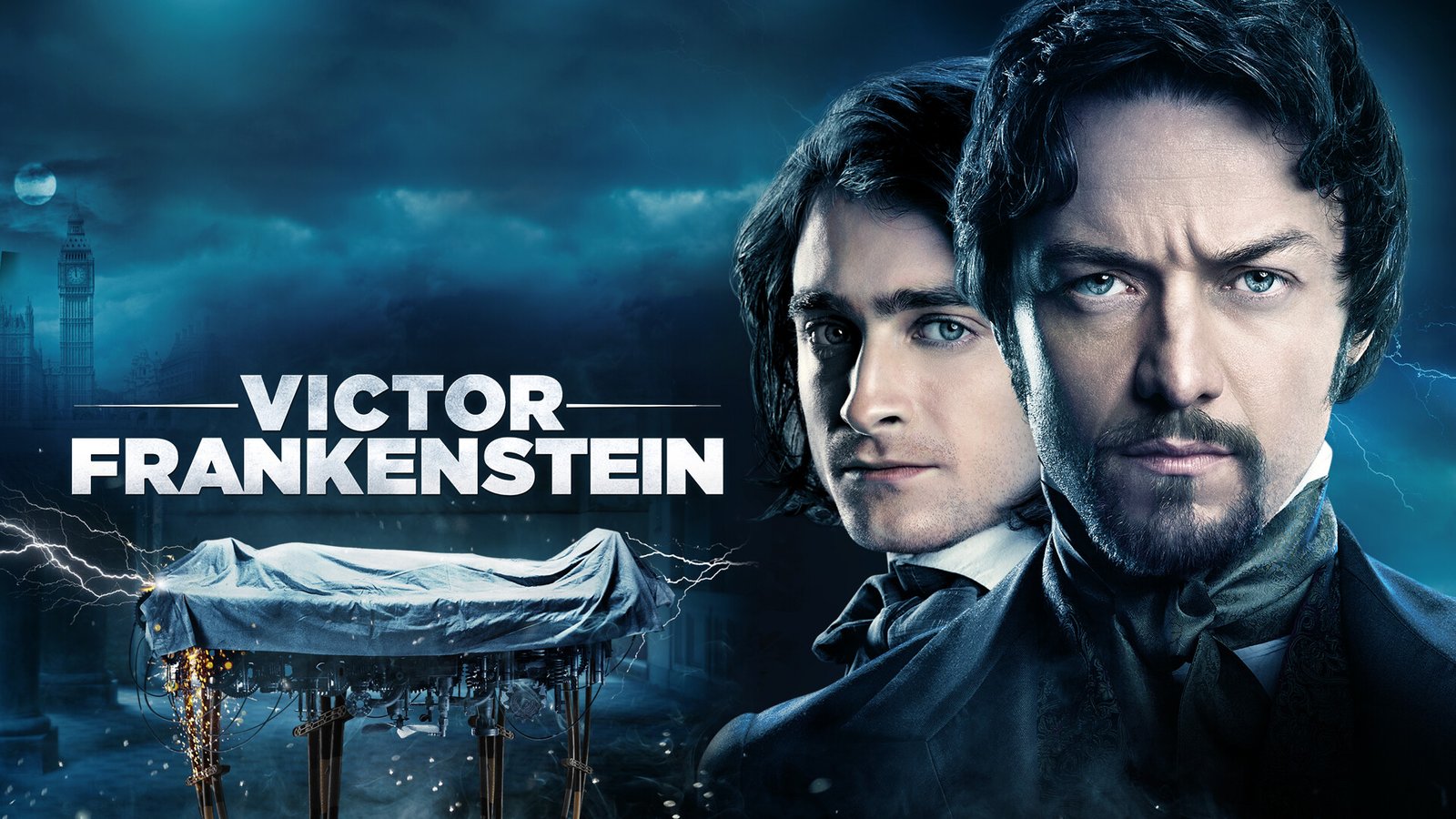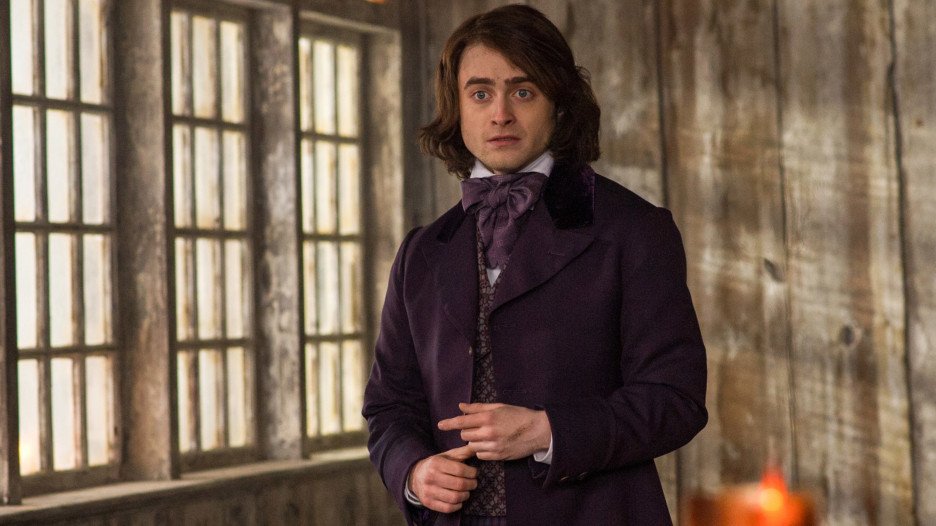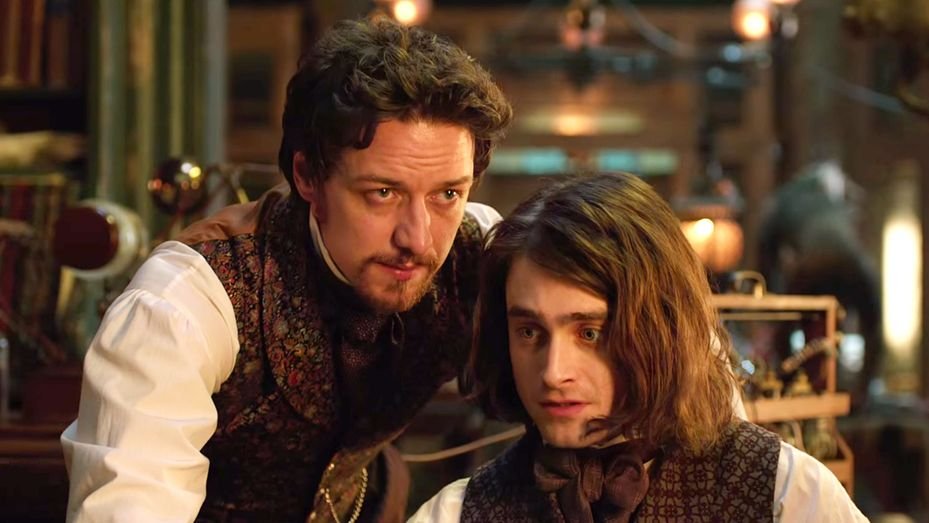
As a devoted film enthusiast, I approached Victor Frankenstein with genuine excitement. With Daniel Radcliffe and James McAvoy headlining this new take on Mary Shelley’s timeless tale, expectations were high. The visual trailer, the dramatic tone, the gothic aesthetic — all seemed promising. But by the time the credits rolled, I was left with mixed feelings: admiration for the production’s technical beauty, and frustration at a narrative that never quite found its footing.
A Genre Mashup Without a Clear Identity
One of the film’s most striking issues is its identity crisis. At times, Victor Frankenstein feels like a gothic thriller; at others, a buddy comedy, a romantic drama, or even a medical suspense film. The tonal shifts are abrupt, leaving viewers confused about the emotional stakes or intended genre.
Director Paul McGuigan, known for his work on Sherlock and films like Gangster No. 1, clearly knows how to craft a visually rich scene. Victorian London is depicted with flair, and the set design and cinematography are impressive. Yet his storytelling choices lack cohesion. The constant genre-jumping undercuts the narrative’s emotional weight and leaves the film feeling unfocused.
Igor in the Spotlight

One bold creative choice was shifting the perspective from Victor Frankenstein to his assistant, Igor, played by Daniel Radcliffe. This change had the potential to offer a fresh lens on a well-known story. Igor’s backstory, physical transformation, and emotional journey add a human element rarely explored in Frankenstein adaptations.
James McAvoy, always charismatic, delivers a version of Victor that is bold and chaotic — perhaps too much so. His performance sometimes borders on theatrical excess, losing the nuance needed to portray a man driven by both brilliance and obsession. The chemistry between Igor and Victor, meant to anchor the story, occasionally lands but often feels rushed or exaggerated.
The Missed Philosophical Core
What has always set Frankenstein apart is its philosophical and moral depth. The story isn’t just about science gone wrong — it’s about hubris, identity, ethics, and the price of creation without responsibility. Unfortunately, this adaptation only scratches the surface of those themes.
There’s a subplot involving Inspector Turpin (played by Andrew Scott) that hints at these deeper questions — religious morality, the limits of scientific experimentation — but it’s underdeveloped. Similarly, a romantic subplot between Igor and a trapeze artist (Jessica Brown Findlay) feels like a distraction rather than an organic part of the narrative.
Strong Performances, Weak Payoff

The acting talent here is not in question. Radcliffe brings sincerity to Igor, and McAvoy commits fully to Victor’s manic intensity. Supporting actors like Scott and Findlay do their best with what they’re given. But no performance, no matter how committed, can fully compensate for a muddled script and tonal inconsistency.
A Visually Beautiful Film That Forgets Its Soul
In terms of production design, Victor Frankenstein delivers. It captures the gothic grandeur and scientific wonder that fans expect. The lab scenes are spectacularly lit and paced, and the creature design in the film’s final act is striking. But visuals alone can’t carry a film meant to ask deep, difficult questions.
This version flirts with meaning but never commits. It teases intellectual weight but ultimately chooses spectacle over substance.
A Reminder of Frankenstein’s Enduring Power
Despite its flaws, Victor Frankenstein reminds us why this story has endured for over two centuries. It’s not just about monsters or mad scientists. It’s about creation, consequence, and the blurry line between genius and madness. That power still lingers — even if this film doesn’t fully harness it.
For fans of the Frankenstein mythos, this adaptation may not satisfy. But it may still inspire some to revisit the classics — whether it’s Shelley’s novel, the 1931 Karloff film, or more introspective modern takes.
In the end, Victor Frankenstein is a visually rich but narratively disjointed retelling of a timeless tale — one that tries to do too much and ends up doing too little.



